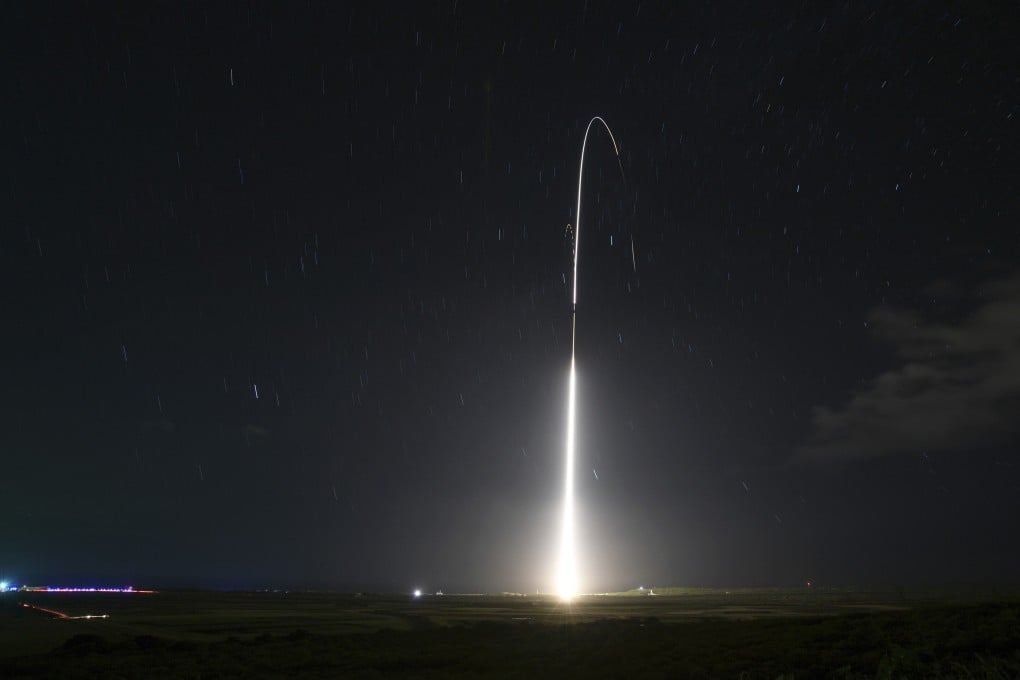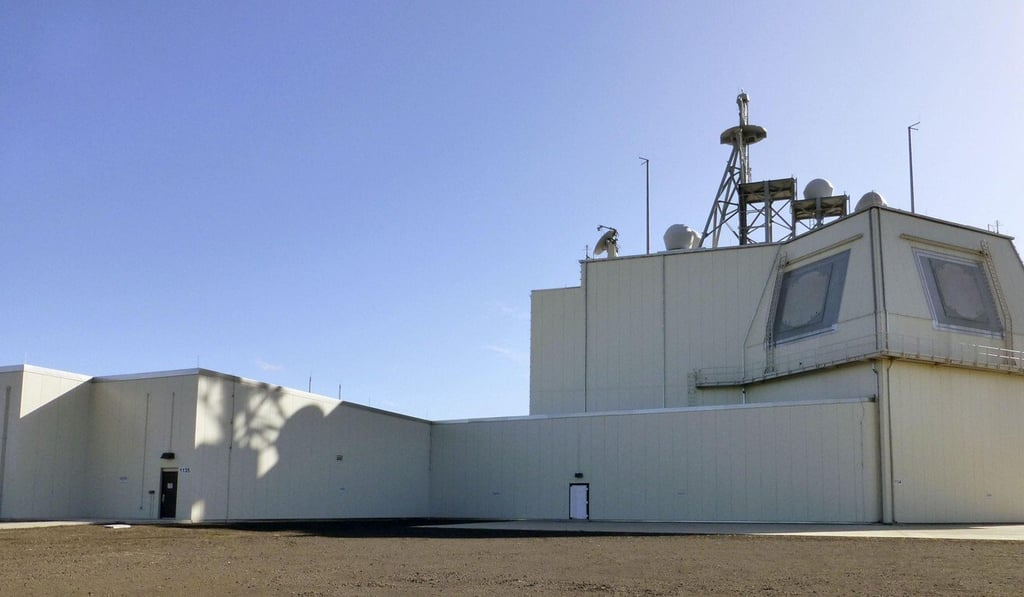Advertisement
Japan considers dedicated missile-defence warships as alternative to US-developed Aegis Ashore system
- Tokyo has informed Washington of its decision, with the new warships envisioned as costing less than its existing Aegis-equipped destroyers
- Outgoing PM Abe is expected to this month issue a statement on the government’s missile defence stance, including striking bases in other countries
Reading Time:3 minutes
Why you can trust SCMP

Japan is considering the construction of specialised warships, with the sole objective of destroying inbound ballistic missiles, as an alternative to the cancelled plan to build US-developed Aegis Ashore defence batteries.
Tokyo has informed the United States of its proposal, government sources told Kyodo News, with the envisioned warships to cost less than adding to the eight Aegis-equipped destroyers already operated by Japan’s Maritime Self-Defence Force because they will not have the same anti-aircraft and anti-submarine capabilities.
Analysts, however, caution that producing “stripped-down” warships will make them extremely vulnerable to attack and limit their ability to perform their primary task.
Advertisement
Outgoing Prime Minister Shinzo Abe is expected to issue a statement by mid-September to explain the government’s stance on missile defence, including the possibility of Japan acquiring a strike capability against missile bases in other countries. The ruling Liberal Democratic Party (LDP) will hold a leadership vote on September 14 to replace Abe, who is stepping down due to poor health.
Defence minister Taro Kono in June announced that firm plans for two of the Aegis Ashore systems, in Yamaguchi and Akita prefectures, were being scrapped due to strong opposition from local residents as well as rising cost estimates.
Advertisement

Advertisement
Select Voice
Select Speed
1.00x